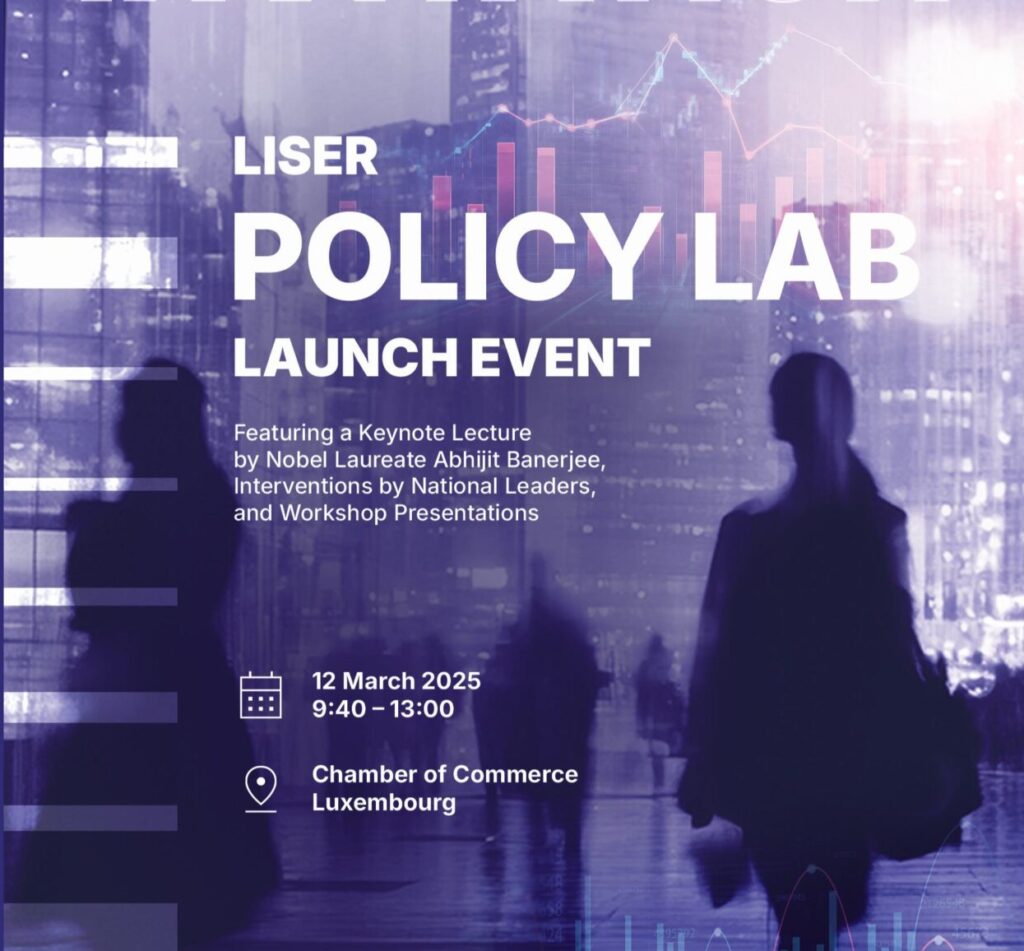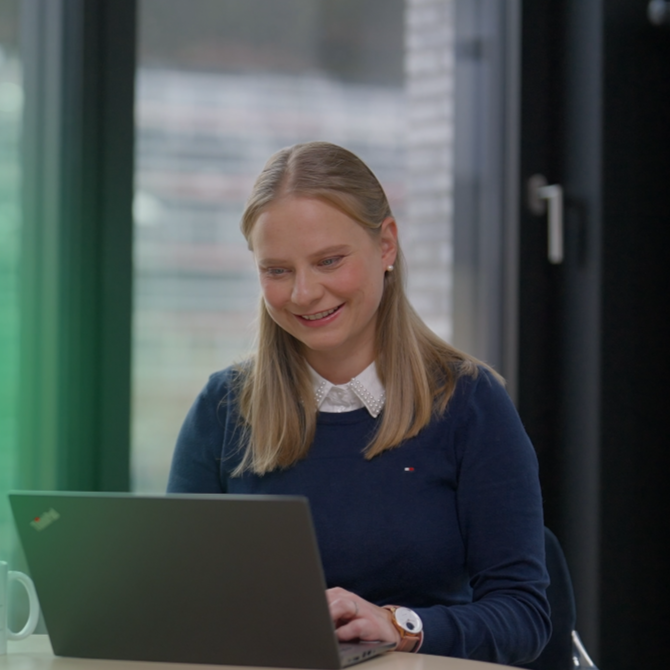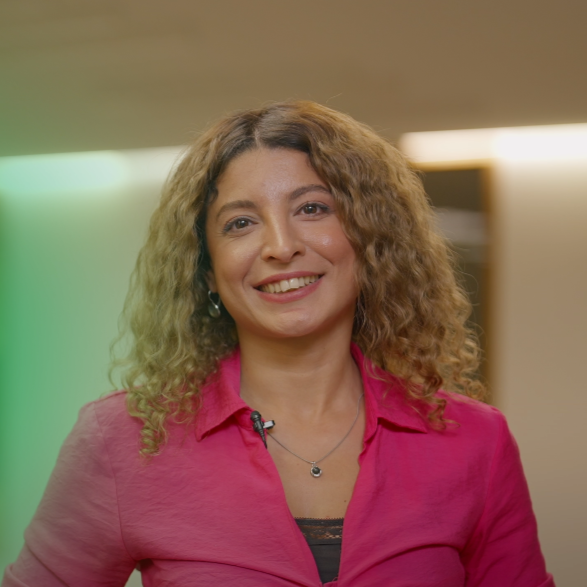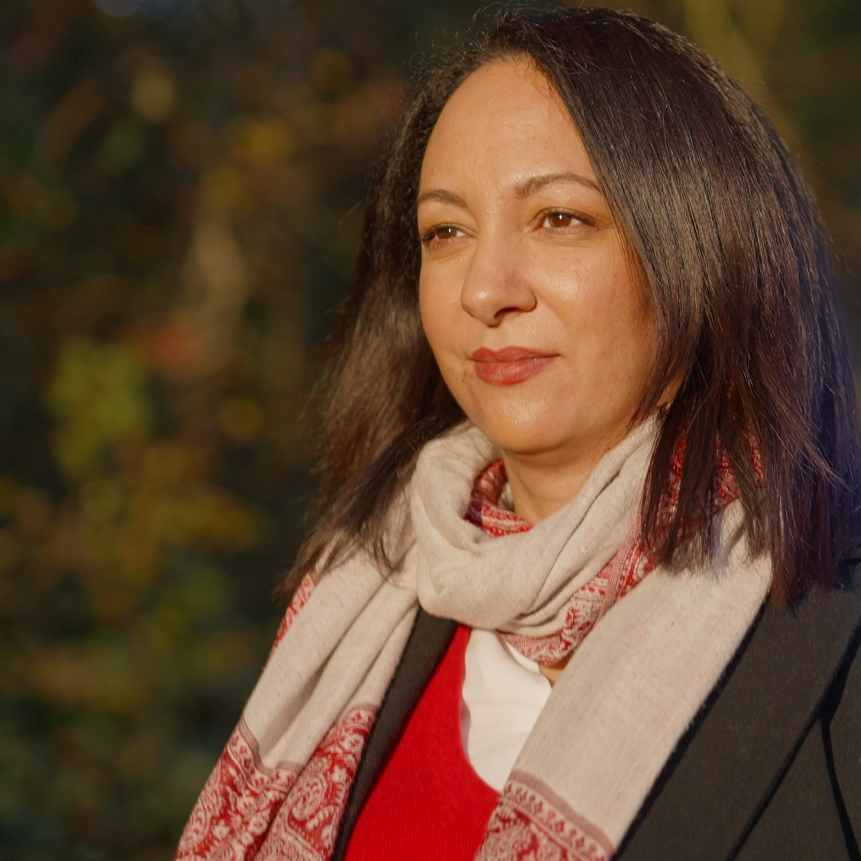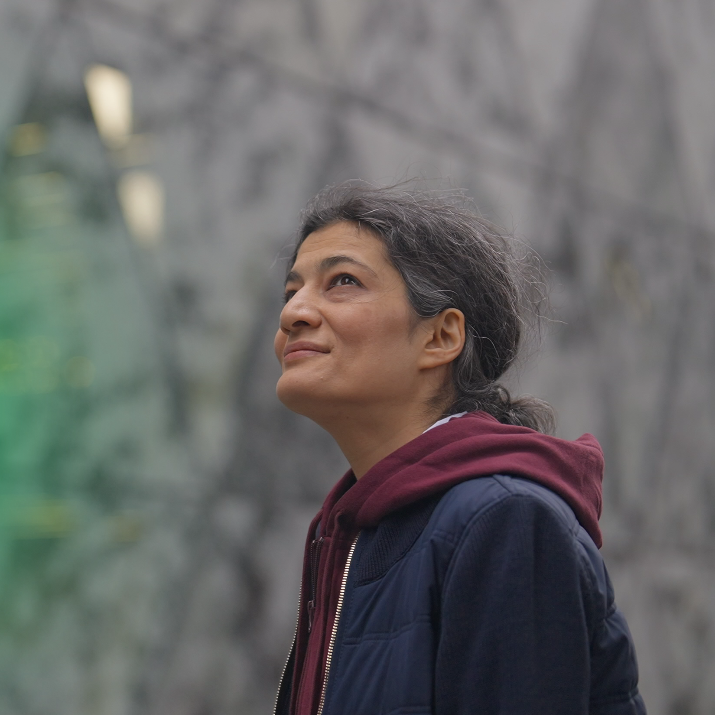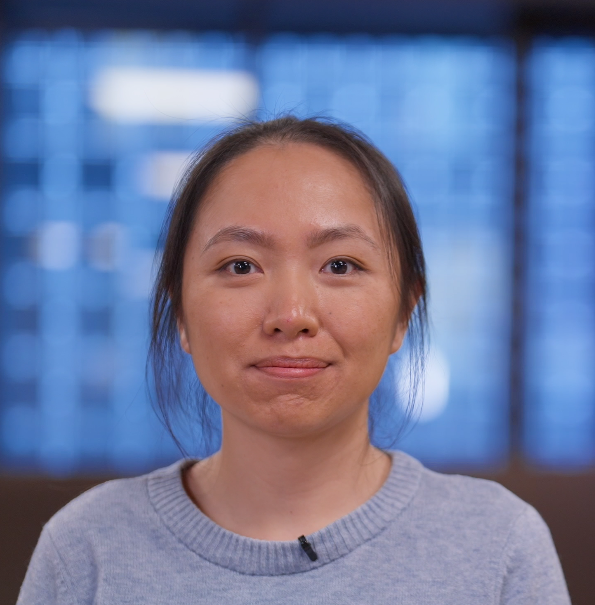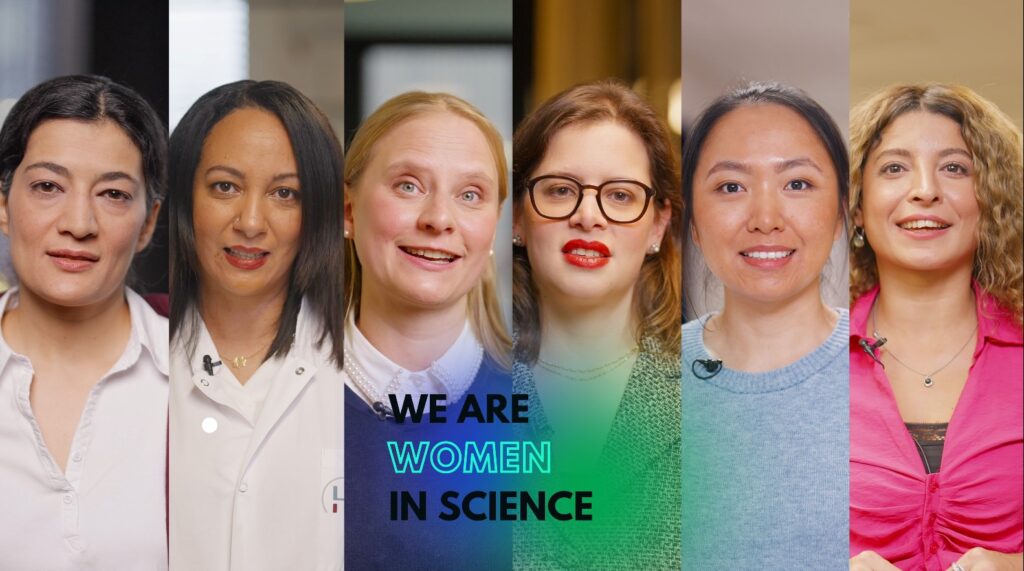New Research Centre in Luxembourg – the Luxembourg Centre for Socio-Environmental Systems (LCSES)
23 October 2024

Creating the Luxembourg Interdisciplinary Centre for Environmental Systems
The new Luxembourg Centre for Socio-Environmental Systems (LCSES) strives to grow into an internationally recognised research hub for a more sustainable and equitable world. Researchers will work on ecologically, socially just, and environmentally friendly solutions to the most pressing challenges facing humanity and the Earth.
The health of our planet is under threat. Humanity will be confronted with never-experienced environmental conditions such as global warming and loss of biodiversity. On the contrary, in the recent decade of the so-called Anthropocene, humanity is on a positive trajectory: poverty and child mortality went down, literacy, access to information technologies, production of renewable energy and life expectancy increased.
Against this background, how can societies utilise these positive developments to deal with degrading environmental conditions, the climate and biodiversity crises, and how can an economy further develop without overusing the Earth’s resources?
The treatment for curation is sustainable development: a fair distribution of resources to everybody, sustaining life on earth and human well-being for current and future generations. However, we cannot cure a disease with the same mechanisms that generated the situation. Our beliefs that technology will save us and that humans will adapt to any changes are questionable. Effective measures for sustainable development should be grounded on new narratives based on new theories to understand what works in what kind of society.
Consequently, the Luxembourg Centre for Socio-Environmental Systems (LCSES) strives to grow into an internationally recognised research hub for a sustainable and equitable world. Our goal is to help societies to transition to environmentally friendly and just conditions. At the core is the recognition that global environmental disruptions such as climate change, biodiversity loss, and resource depletion are closely linked with societal systems. To address these complex issues, we take a systemic approach and study the interconnectedness of human activities and the environment. Our mission is to develop sustainable, socially just, and environmentally friendly solutions by bridging disciplines and fostering collaboration between researchers, policymakers, and society.
Appointment of the LCSES’ director
The founding director of LCSES is Prof. Dr Ralf Seppelt. He was appointed in October 2024 and will assume his mandate in March 2025. Ralf Seppelt, born 1969 in Braunschweig, Germany, is an esteemed applied mathematician and internationally renowned expert in landscape ecology and renewable resource economics. Having published more than 150 scientific articles and serving as an expert for the Intergovernmental Platform for Biodiversity and Ecosystem Service, he is renowned globally for his work in environmental science, biodiversity, and socio-ecological systems. Currently, he leads the research unit “Ecosystems of the Future” at the Helmholtz Centre for Environmental Research – UFZ in Leipzig, Germany, overseeing a team of 100 researchers.
Interdisciplinary Research Centres at the University of Luxembourg
Alongside its researching faculties, the University of Luxembourg has already established four such interdisciplinary centres (IC):
- the Luxembourg Centre for Systems Biomedicine (LCSB) for Medicine & Health
- the Interdisciplinary Centre for Security, Reliability and Trust (SnT) for Digital Transformation
- the Luxembourg Centre for Contemporary and Digital History (C2DH) for contemporary history of Luxembourg and Europe
- the Luxembourg Centre for European Law (LCEL) for Law
The aim of all centres is to conduct world-class interdisciplinary research and thereby make relevant contributions to answering urgent questions of humanity.




